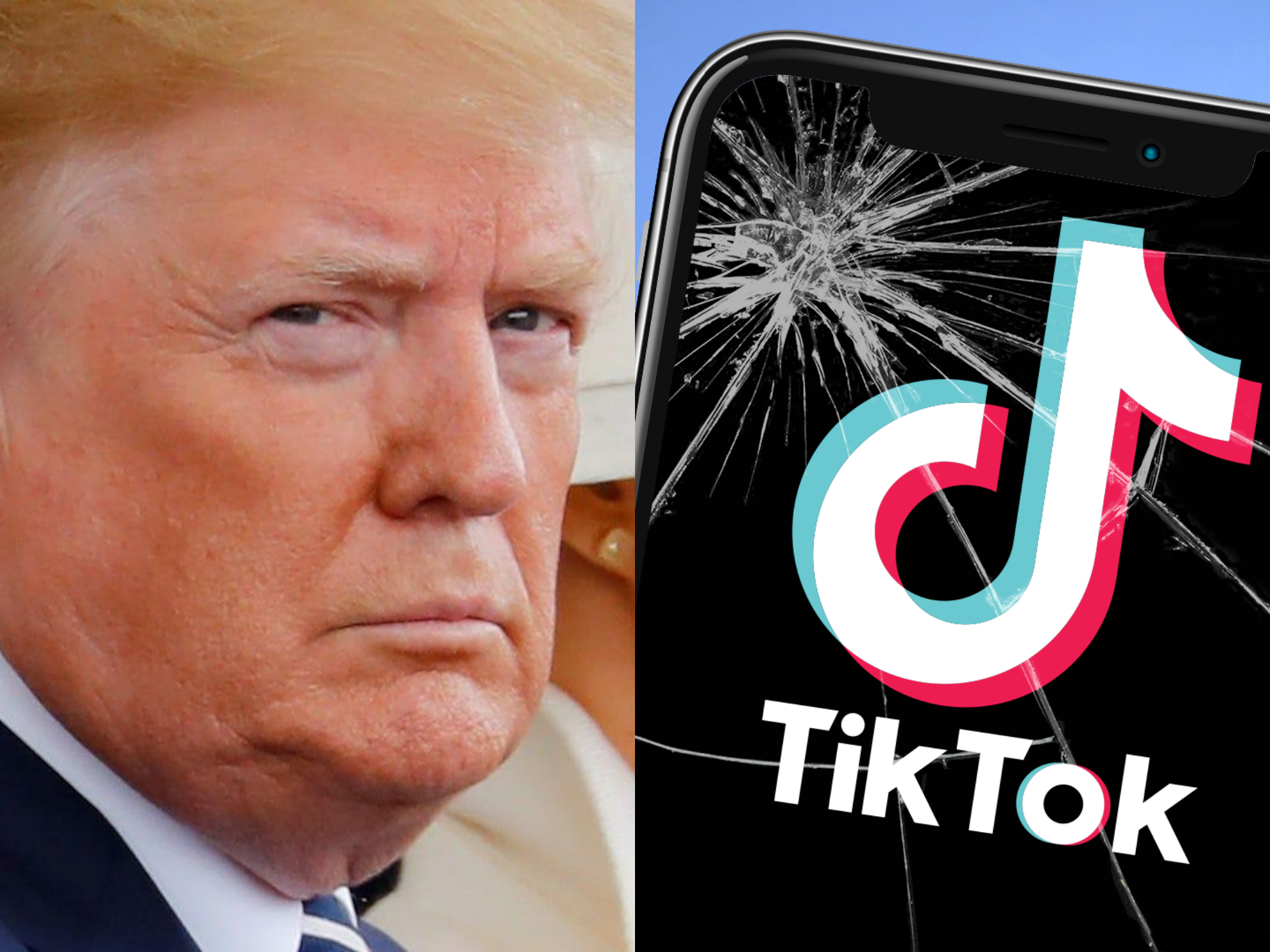
- TikTok said Tuesday asking a federal court to intervene over the Trump administration’s efforts to force it to divest, just days before a November 12 deadline.
- The company said it hasn’t heard from the Trump administration.
- Trump has sought to ban TikTok from the US over national security concerns, which a judge previously called “hypothetical.”
- Visit Business Insider’s homepage for more stories.
TikTok said it is filing a petition in court after not having meaningful dialogue with the Trump administration in weeks over divestment plans, CNBC reported.
In August, the Committee on Foreign Investment in the United States had set a November 12 deadline for TikTok to reach a deal with Oracle and “divest any tangible or intangible assets or property, wherever located, used to enable or support ByteDance’s operation of the TikTok application in the United States.”
“For a year, TikTok has actively engaged with CFIUS in good faith to address its national security concerns, even as we disagree with its assessment,” TikTok said in a statement. “In the nearly two months since the President gave his preliminary approval to our proposal to satisfy those concerns, we have offered detailed solutions to finalize that agreement – but have received no substantive feedback on our extensive data privacy and security framework.”
President Donald Trump has tried to ban TikTok from the US over alleged national security concerns since the parent company ByteDance is based in China.
The Commerce Department also said in September that its restrictions on TikTok could be lifted if the company reaches a deal that allays the Trump administration’s national-security concern. Many companies like Microsoft, Oracle, and Walmart then raced to finalize a deal with TikTok.
Trump approved a potential deal from Oracle on September 19 which has been at a standstill amid disagreements and between Beijing and Washington and confusion over who owns the app, Business Insider's Paige Leskin reported.
Additionally, in the same month, some TikTok creators filed a lawsuit arguing that a ban would affect their business and limit their audience growth. They also argued the ban would restrict their freedom of expression on the platform.
Late last month, a federal judge blocked Trump's TikTok ban and said that his national security concerns were "hypothetical."
It's unclear what has delayed the Trump administration. On October 2, not long after approving a potential agreement, the president, first lady Melania Trump, and at least a dozen White House officials and staff were diagnosed with COVID-19. The death of Justice Ruth Bader Ginsburg, the subsequent confirmation of Justice Amy Coney Barrett, and the final campaign stretch before the November election have knocked the TikTok deal off the front pages.
The White House did not respond to Business Insider's request for comment at the time of publication.

